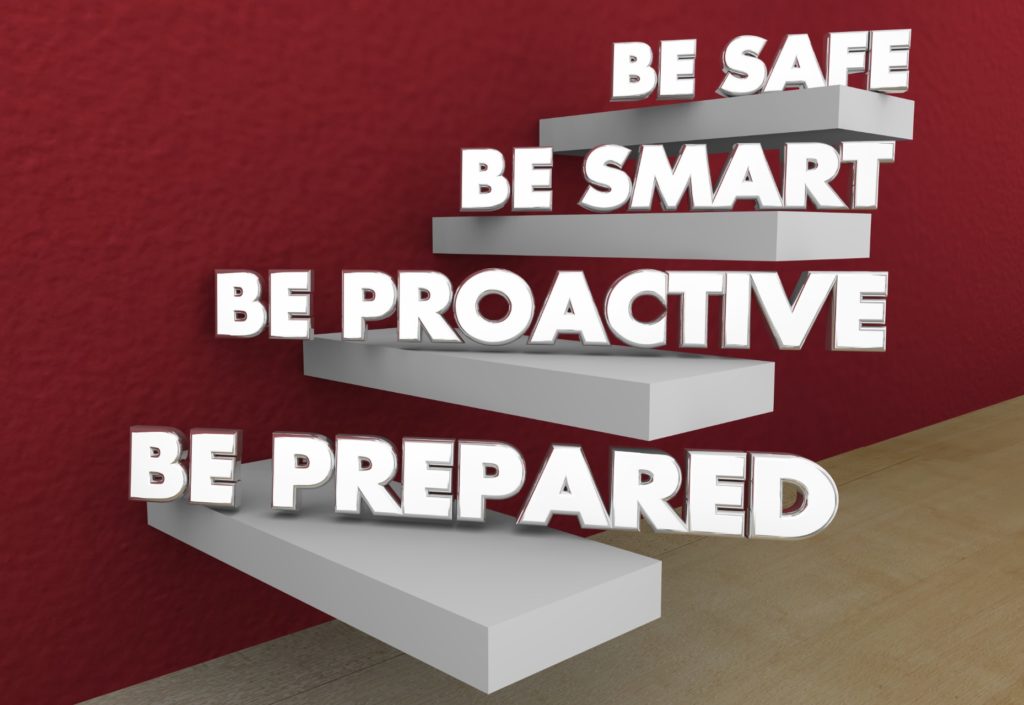
How To Choose a Guardian for My Children
Selecting appropriate guardians will ensure that your minor children are cared for, if you pass away.
Call us Anytime
Laurel, MD 20707
Downs Law Firm, P.C.
Home • Guardianship

Selecting appropriate guardians will ensure that your minor children are cared for, if you pass away.
There are some common estate planning myths that you know: Your work isn’t done just because you have a will. There are many myths floating around about wills, trusts, and estate planning. Those myths can easily confuse people who haven’t taken the time to bust them before getting on to the real work … taking care of the family, according to the Cleveland Jewish News in “Estate planning myths common, but debunkable.” One common myth is that a trust is wholly creditor-protected. While some trusts achieve this goal, many don’t. It is easier to provide that to your beneficiaries than to yourself. Another myth is that once an estate plan is completed, there’s no need to revisit or make changes. We look at the planning you put in place as an ongoing rough draft. Perhaps the biggest myth around estate plans is that they are only needed by wealthy people. Everyone needs a will. A property power of attorney can save your loved ones thousands of dollars and massive aggravation. People chat with their friends and neighbors and pick up snippets of often incorrect information. As with any story, once a piece of information has moved through a few different people, it becomes confusing, even if it started accurately. The value of such “Street lawyers” is usually what you pay for it. Unless it comes from an estate planning attorney, don’t get legal advice at a neighborhood or family gathering. The results can be disastrous. If you think having a trust alone is enough to prevent your heirs from having to pay any taxes, your kids will be in for a big and expensive mistake. The court will appoint a guardian if you don’t set up guardianship for your minor children. It may be a person you would never have wanted to raise your children. If a separate financial trustee is not named, there won’t be any checks and balances on how the money left for your children is spent. If you don’t have an estate plan, especially if your family includes minor children, make an appointment to speak with an estate planning attorney who can advise you on an estate plan that fits your unique circumstances. Reference: Cleveland Jewish News (Sep. 20, 2018) “Estate planning myths common, but debunkable”
Some of the options are less intrusive than a guardianship or a conservatorship. Sometimes, guardianships and conservatorships are necessary when some members of a family believe a loved one is becoming mentally or physically incapacitated. However, there are other options, according to On Common Ground News in the article “Alternatives to guardianship and conservatorship.” What is the difference between the two? These are legal proceedings that vary in name from State to State. In Maryland, these proceedings are guardianships and take two forms: Guardian of the person and guardian of the property. A Guardian of the person decides on living situation and most medical care: The Guardian of the property handles the property and lets the appointed person their ward’s finances and assets, buy and sell businesses, and enter into commercial transactions. Either process will involve a court proceeding, ordinarily with an attorney representing the family and a separate attorney representing the incapacitated person. Guardian of the person can sometimes be avoided by relying on the Maryland Health Care Surrogate law, which basically allows next of kin to make medical decisions for someone who does not sign a living will or health care power of attorney. This can be a good alternative to Court if the family is united in their decision-making. It doesn’t work well if they are not. Alternative options for the Guardian of the property include a Durable Power of Attorney (DPA), which permits a competent individual to name another person as their legal representative regarding finances and other matters. There can be specific instructions, and this also can include an agent who is named to make health care decisions. A DPA is broader in power than a living will and applies any time the individual becomes incapable of either making or communicating health care decisions on their own behalf. A second alternative is creating and funding a revocable living trust, where you can appoint a chain of command to manage assets in the Trust. Many of our clients name a trustee child or other individual as a co-trustee to be in the wings to manage assets at disability. Options like powers of attorney and trusts have the distinct advantage of allowing the person to lose the capacity to make decisions while there is still time. Perhaps the last stage can set the stage for future family functioning or dysfunction. We recently represented a family with a child that is developmentally delayed, as has recovered a personal indury settlement for damages that are causing the delay. We were in the Howard County Circuit Court asking a Judge to consider allowing the funds to be placed into a special needs trust format so that they would not need to be spent before the State could render aid. The Judge approved that my clients were able to make plans for their child that would not involve ongoing Court intervention and allowed our request. She recognized that the family was capable, caring, and trustworthy to do so. An estate planning

You should not name a legal minor as a beneficiary. This applies to almost all legal documents, most notably wills and life insurance policies.

A not uncommon estate planning scenario is an elderly parent who lives with an adult child, either at the parent(s)’s home or at the child’s home.

If you haven’t had any experience with guardianship for adults with dementia, it’s likely you don’t understand just how complex it is. You are not alone.

Few will argue that the most important time to have a will is when you are parents of young children.

Even Consumer Reports suggests working with an experienced estate planning attorney to make sure documents are correctly prepared.

“Gray divorce” — the unfortunately named term for divorce after age 50 — is increasing among baby boomers.

Here are some important parts of your estate plan that should be reviewed.